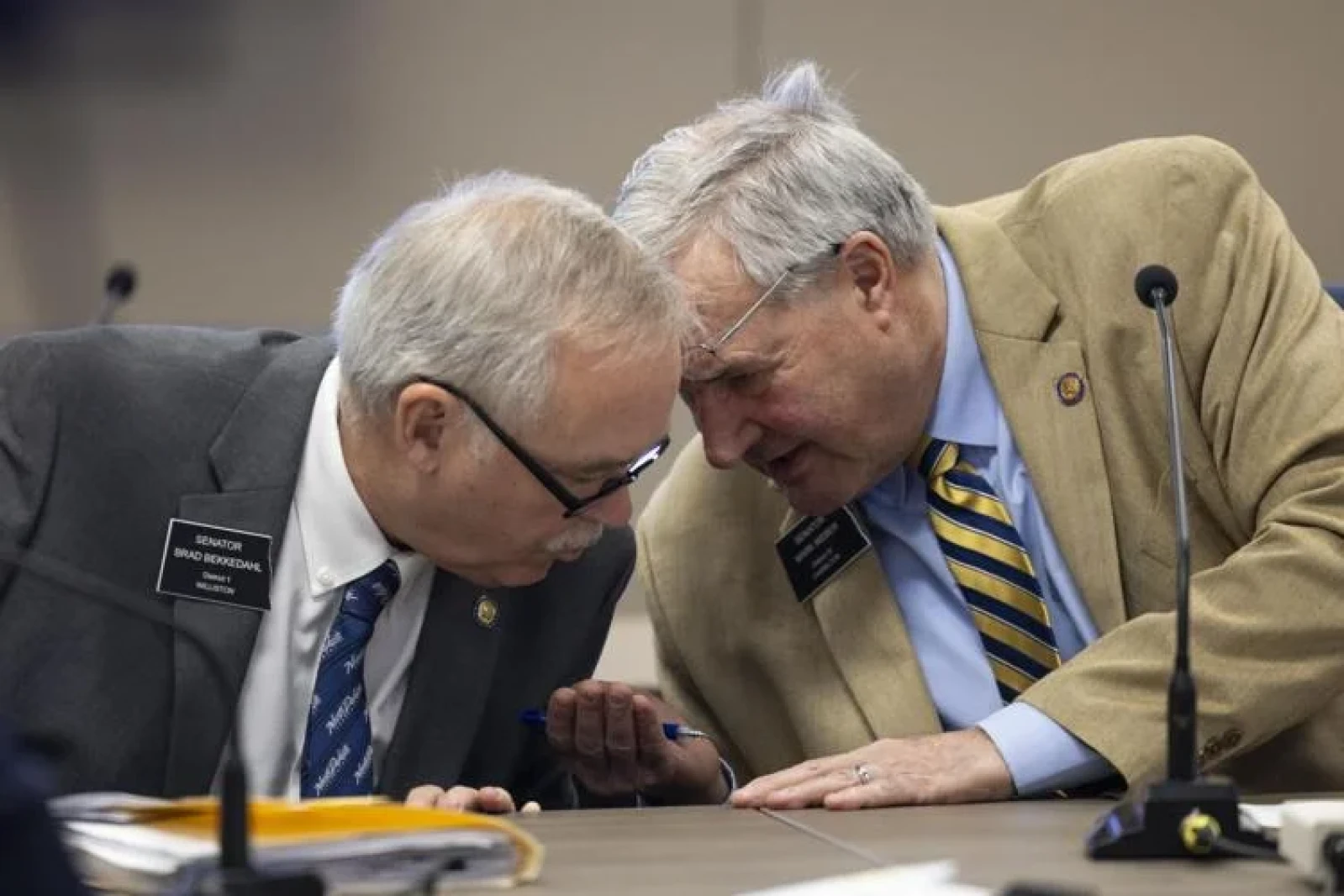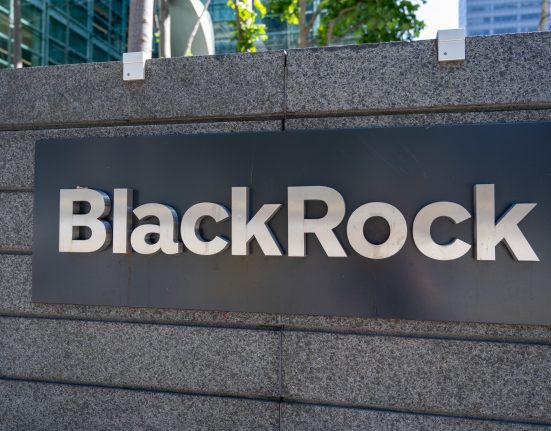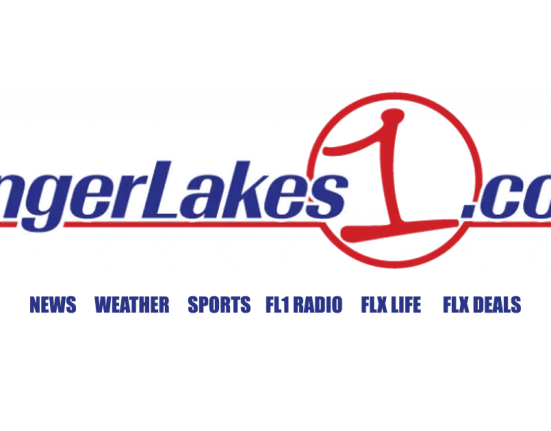BISMARCK — The North Dakota Legislature passed a $408 million property tax relief bill late Friday, May 2, marking a significant step toward addressing rising tax burdens.
The version of House Bill 1176 that came out of conference committee and was passed by both chambers expands the primary residence tax credit to offer a maximum credit of $1,600, caps the amount political subdivisions can raise levies at 3% annually and does not include the controversial “skin in the game” amendment — which would have made it so no homeowner’s tax obligation could be reduced to zero.
The bill, originally introduced by Rep. Mike Nathe, R-Bismarck, more than triples the existing primary residence tax credit of $500 and will cost $408.9 million, paid for solely by earnings from the state’s Legacy Fund oil tax savings account.
Lawmakers said they are happy with the final iteration of the bill and while it is not perfect — and they know it will need to be adjusted in two years — it would provide the immediate relief North Dakotans have been seeking.
“It’s a good bill. It may not go as far as some would like it to go, but it goes as far as the Legislative Assembly could take it,” said Rep. Craig Headland, R-Montpelier, on the House floor. “We’ve been working on this bill since the first day of session, and here we are on what we hope is going to be the last day of the session, and we just completed it. And I think what we have is a good package. I believe it’s going to satisfy the needs of North Dakotans. It’s certainly better than I think any other state is going to offer in regards to property tax.”
Several legislators lauded the governor on his leadership on the legislation and thanked all the committees involved in refining it throughout the session.
“The governor provided a lot of leadership with this,” Sen. Mark Weber, R-Casselton, said. “And if he had not been on board, we would not have gotten this done.”
Gov. Kelly Armstrong said the bill would help workforce recruitment efforts and make North Dakota a better place to “live, work and raise a family.”
“This bill provides real relief and real reform for taxpayers,” Armstrong said. “It’s responsible, affordable and durable. It creates Legacy Fund buy-in, and it’s the single most impactful thing we could do for North Dakota citizens this session.”
Not everyone agreed with the governor’s feelings on the bill. Rep. Scott Louser, R-Minot, expressed frustration on House floor Friday afternoon, saying that the Senate “hoghoused” a property tax relief and reform bill, House Bill 1168, he sponsored — meaning they stripped the original language from the bill and rewrote it to do something different — without communicating with him.

Tanner Ecker / The Bismarck Tribune
He announced on the floor that he had drafted language for an initiated measure and would be gathering signatures to get it on the 2026 general election ballot. Louser said the measure would have the state buy down all property taxes levied by school districts, on all property classifications. He said the proposed measure would cost roughly $720 million.
Voters rejected an initiated ballot measure — Measure Four — during the 2024 general election that would have eliminated local property taxes in North Dakota.
HB 1176 will need to have its appropriation reapproved by lawmakers in the 2027 legislative session, which will give lawmakers the chance to see how the legislation works and whether it is worth expanding in the 2027 legislative session.
The House shot down HB 1168 and the Senate voted down House Bill 1575, the last remaining alternative bills for property tax relief and reform.

Tanner Ecker / The Bismarck Tribune







